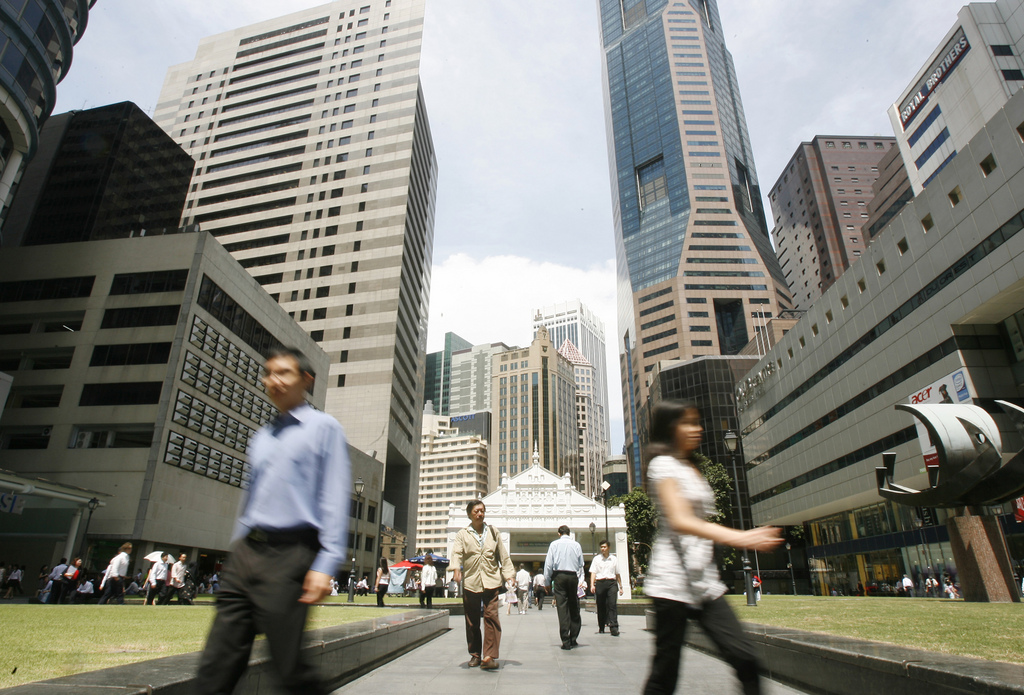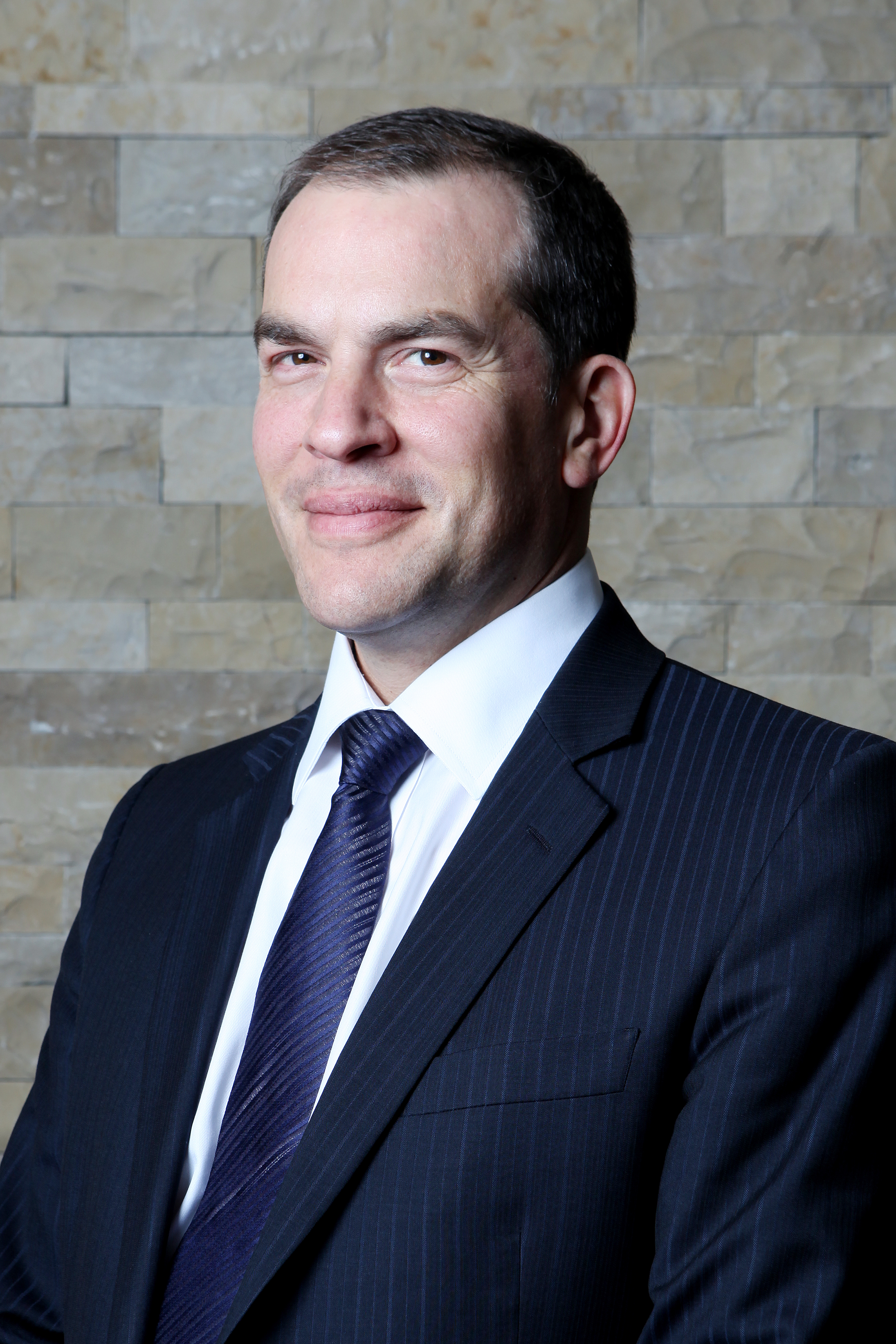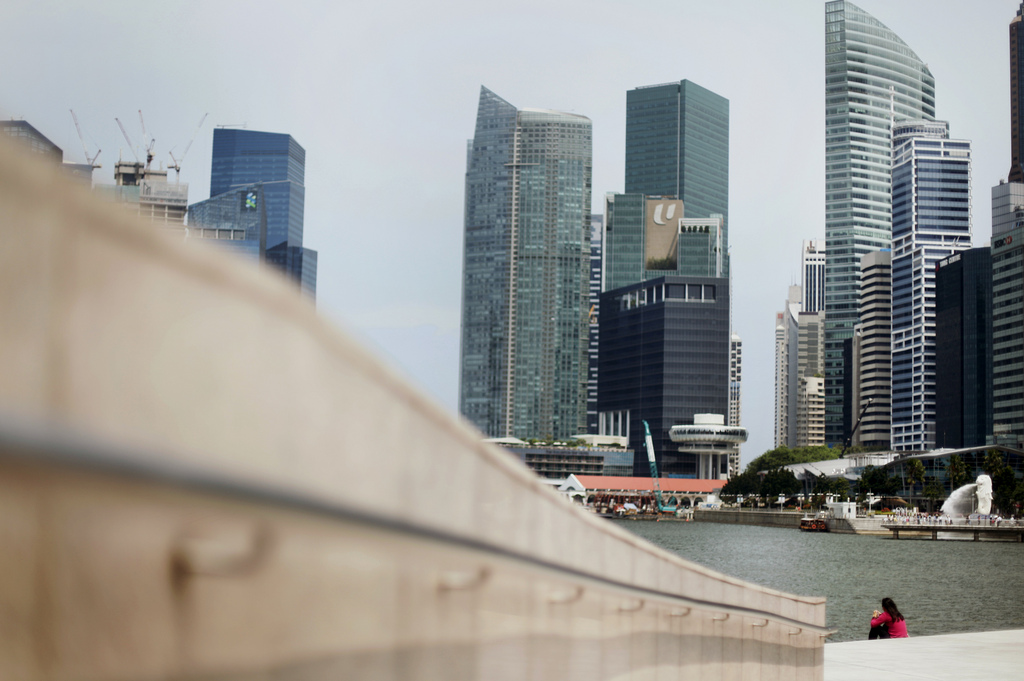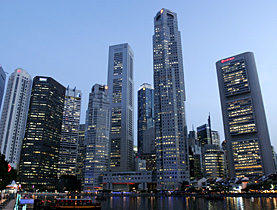Banking on changing attitudes of Asian wealth

Evrard Bordier, managing partner of the Geneva-based Bordier private bank, tells swissinfo.ch that the industry needs to evolve in Singapore if it is to realise its full potential in the booming Asia-Pacific region.
The Singapore private banking scene is rapidly developing, with assets being deposited in such institutions rising ten-fold from S$50 billion ($40 billion) in 2000 to S$550 billion last year. But that is only a fraction of $1.63 trillion of wealth parked in Singapore in 2012.
The 169-year old Swiss private bank, with around CHF10 billion ($11 billion) in assets under management worldwide, opened a branch in Singapore in 2011. This office currently manages over S$1 billion in client assets and has a mid-term ambition to raise that to S$5 billion.

swissinfo.ch: How does private banking differ between Europe and Asia?
E.B.: In Europe a client will ask me to manage and preserve their wealth, here a client will typically say ‘make me 10% or I will take my account somewhere else’. A bank is a tool to make money – or what is the point of a bank?
Banks have adapted to this by making the relationship free of charge [not charging an annual fee for the bank to manage client assets as is common in Europe]. Where banks make their money is by selling products to clients and taking fat margins.
We cannot simply apply the European standard here. But in order to stand a fighting chance of succeeding in Asia, we believe we have to change the local private banking model around and provide distinctive differentiating factors.
swissinfo.ch: What are they?
E.B.: Our niche is the traditional, private approach with dedicated portfolios and clients. I am the only partner and manager of the bank in Singapore, which none of our competitors can provide. As a result, decisions can be made much faster and connections with the clients can be much stronger.
We charge clients an annual relationship fee and that forces us to create value. The client is not a money-making machine for us, we are trying to build something that stands the test of time and carries on with their children.

More
Wealth magnet Singapore challenges private banks
swissinfo.ch: How does this fit in with the stereotype of the Asian millionaires wanting fast results and complete control over their assets and trades?
E.B.: We do not want to appeal to risk-taking, brash clients, but not every client is focused solely on making more money. There is a set of clients that value the relationship that they build with their banker and who are fed up with being product-pushed [aggressively sold products] by big banks.
With many clients there is a requirement to preserve a certain set of their assets. They want a true, trusted partner who can help them.
These mandates are starting to come in little by little. We are now getting Singapore clients, and if we’re doing that with 200 competitors around, then we must be getting something right.
swissinfo.ch: How competitive is the Singapore market for private bankers?
E.B.: It is very competitive and expensive to operate in Asia. There are a lot of players that are trying to get at the same wealth.
It’s not a walk in the park; people are not queuing outside to open accounts. It’s not like the old days when you just had to open shop and the assets came flooding in. You have to offer them value.
swissinfo.ch: Some people say there are already too many private banks in Singapore and that some will go out of business. Do you agree?
E.B.: There will clearly there be consolidation [banks pulling out of Singapore] among financial players because it’s so costly and competitive.
There will always be universal players like UBS, large commercial banks like HSBC – and there will be boutique banks. In every segment there will be survivors.
There will be fewer players, but better players.

In compliance with the JTI standards
More: SWI swissinfo.ch certified by the Journalism Trust Initiative











You can find an overview of ongoing debates with our journalists here . Please join us!
If you want to start a conversation about a topic raised in this article or want to report factual errors, email us at english@swissinfo.ch.